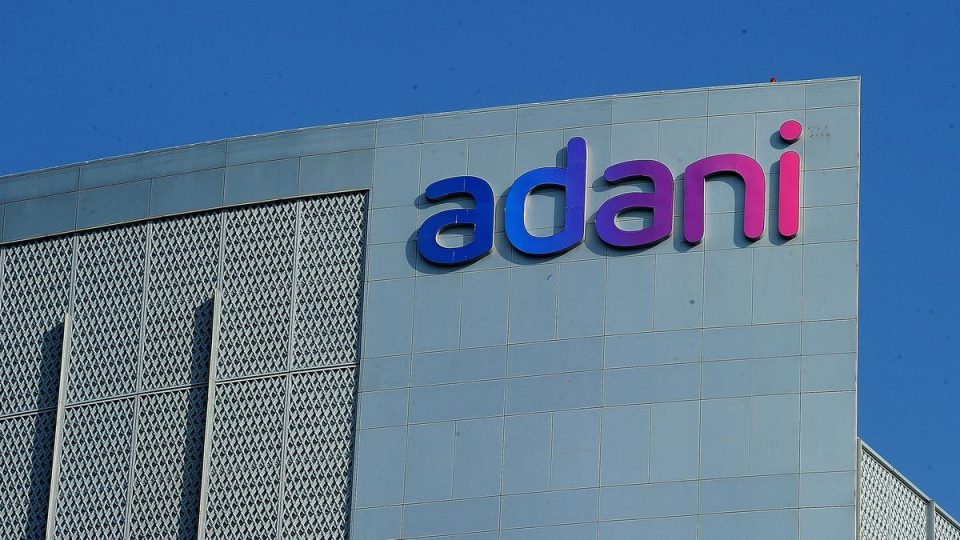According to a company filing, India’s Adani Group told investors that several top Japanese and European banks had reaffirmed their confidence in the struggling group after critical reports from the US short-seller hammered them.
Led by billionaire businessman Gautam Adani, seven of the group have been involved since a January 24 report by Hindenburg Research accused it of improper use of offshore tax havens and stock manipulation. The listed-only stock has lost about $120 billion in market value, and the group denies the allegations.
Adani Group’s shares and bonds have pared some of their losses over the past month after repaying some debt and attracting a $1.9 billion investment from boutique investment firm GQG Partners.
Nonetheless, Adani is still dealing with an investigation by India’s markets regulator, which is looking into Hindenburg’s allegations and the group’s related party transactions under a Supreme Court order.
The filing showed in recent roadshows from Hong Kong to New York for fixed-income investors, the group pledged to deliver 20% year-on-year growth in core earnings and diversify its debt portfolio.
“Global banks such as Mitsubishi UFJ Financial Group, SMBC, Mizuho Bank, Standard Chartered Bank, Barclays, DBank (Deutsche Bank), Syndicated Loan Bank and other global banks have reaffirmed their confidence in the Adani Group,” aimed at reassuring investors, the document said.
The document reviewed by Reuters did not detail how lenders would reaffirm their commitment to Adani Group.
Several banks already have business relationships with the group, which the group has previously said demonstrates its strength to counter Hindenburg’s allegations.
Hindenburg’s report raised investor concerns about the bank’s exposure to the Adani Group. Brokerage CLSA estimated in a January 26 report that the combined debt of the top five Adani Group companies, including some double-counting factors, was $25.56 billion, with Indian banks accounting for 38%.
“The group has been diversifying its long-term debt portfolio and has reduced its exposure to banks through other sources of capital,” the filing said.
The Adani document added that 39% of Adani’s debt is now in the form of bonds, 29% is from global banks, and 32% is from public or private banks in India.
After the Hindenburg report, Adani was forced to shelve a $2.5 billion share sale as the stock market plummeted. The short-seller also questioned Adani’s debt levels in the report. The document added that the State Bank of India (SBI) and other public sector lenders had “raised no red flags”. It was satisfied with its financial position, with the lenders “reiterating that they will continue lending to Adani”.



